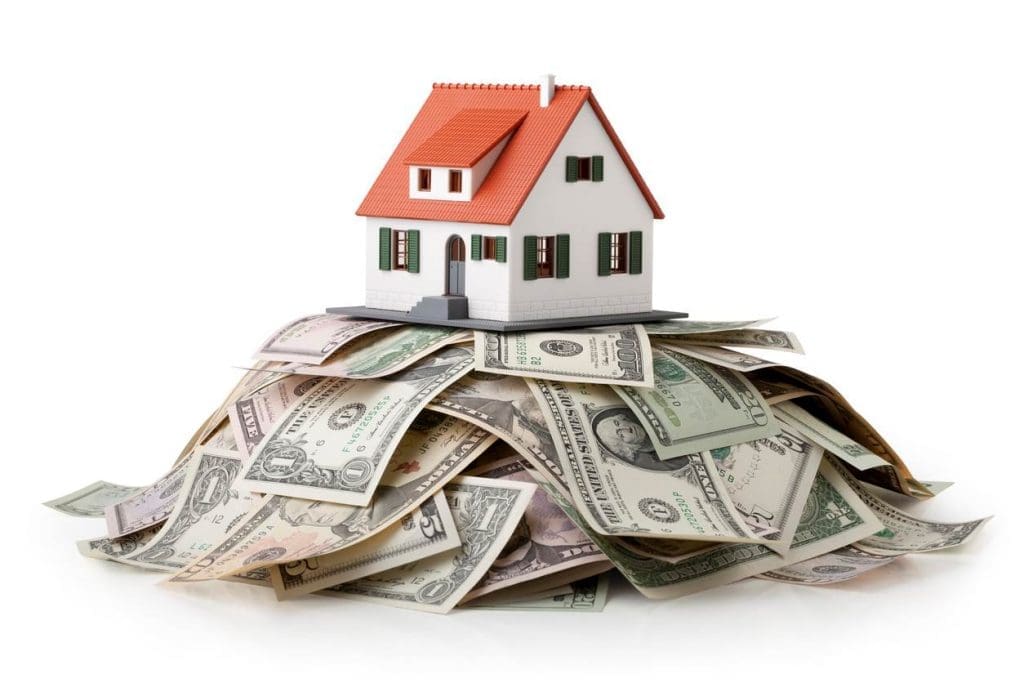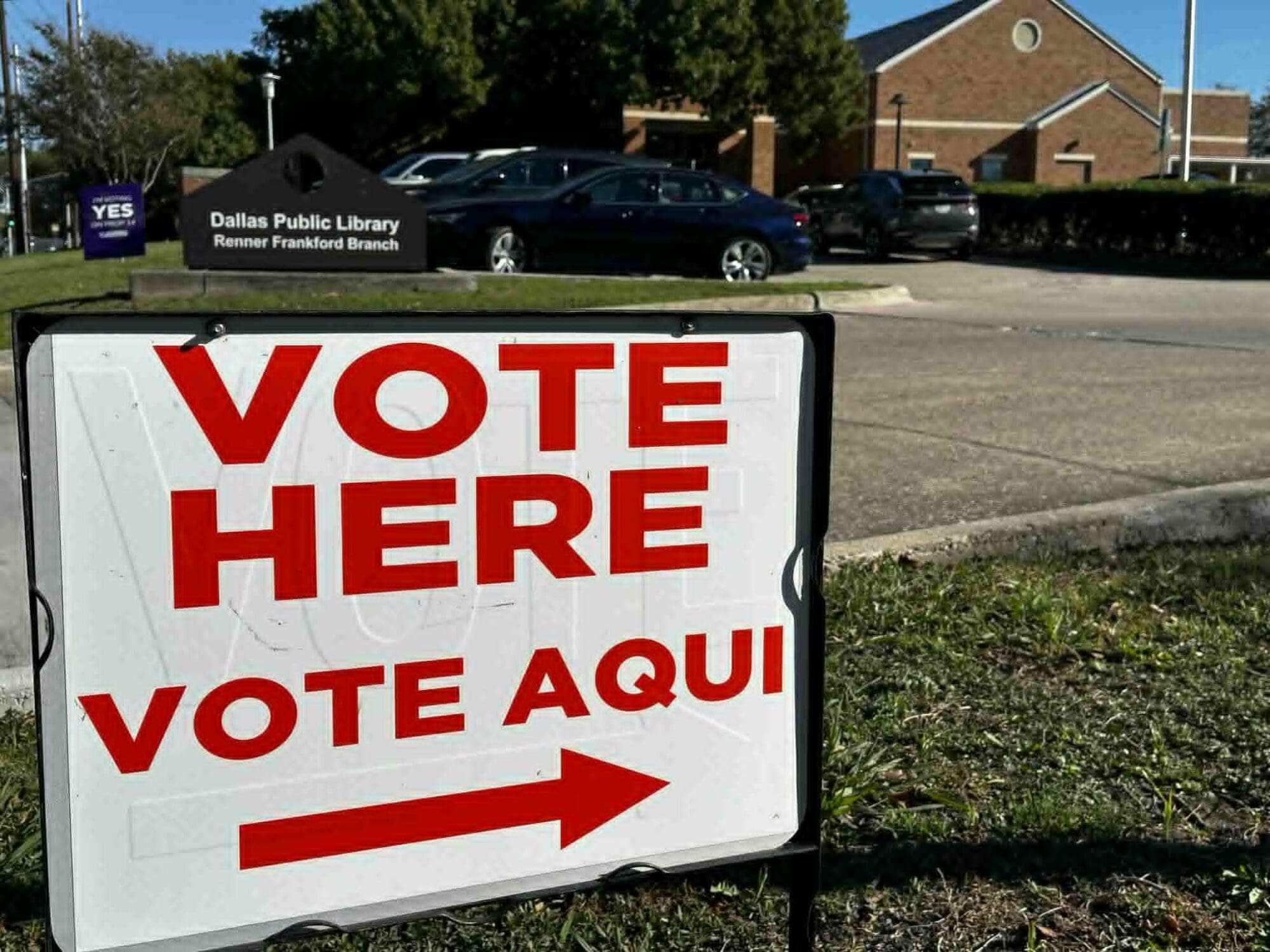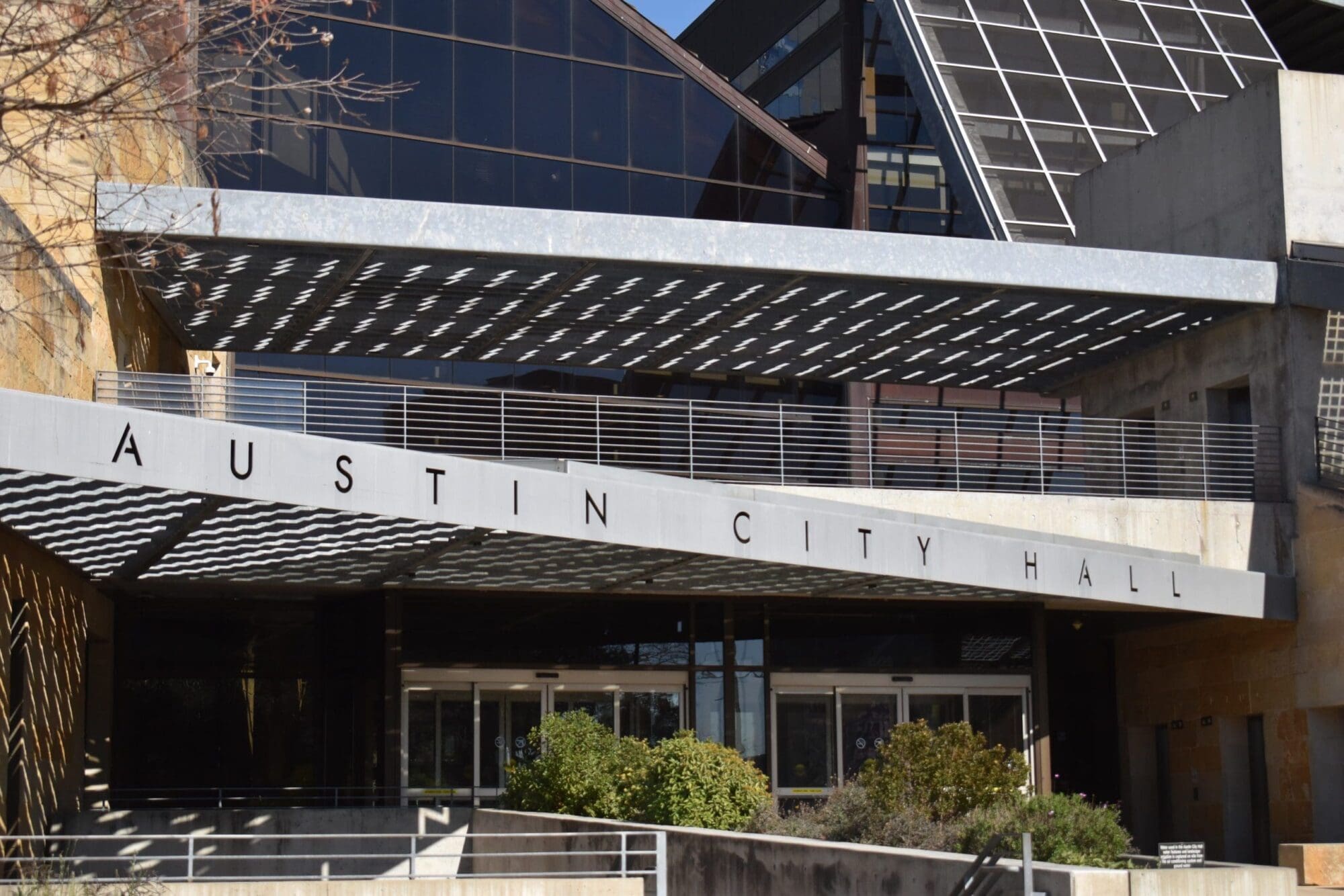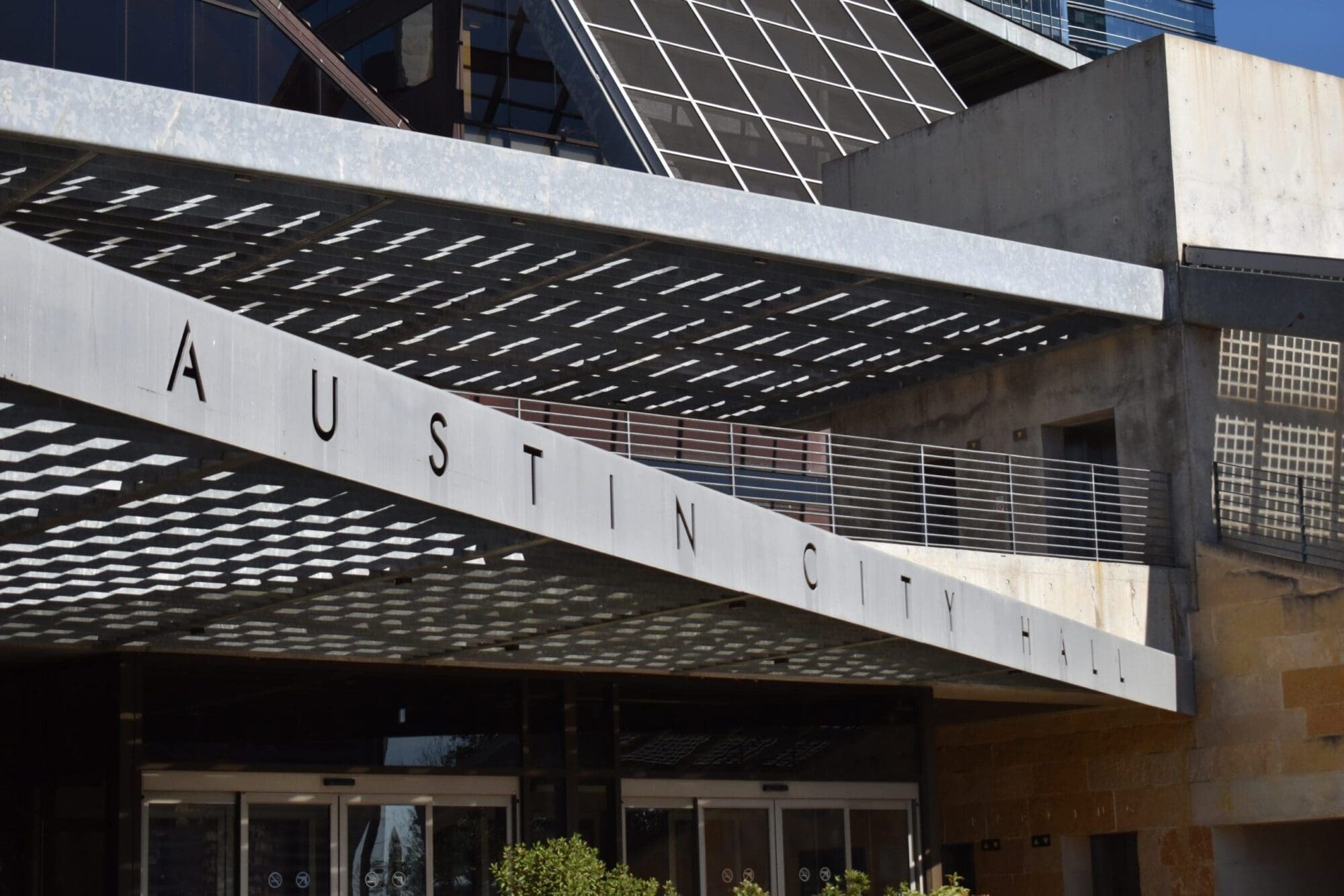By a vote of 60-71, the Texas House rejected the conference committee report for Senate Bill 10, halting a measure that was pitched as property tax relief but stopped far short of what many lawmakers and taxpayers have demanded.
SB 10, authored by Sen. Paul Bettencourt (R–Houston) and carried in the House by Rep. Morgan Meyer (R–Dallas), would lower the maximum annual property tax increase most local governments can levy without voter approval—from 3.5 percent to 2.5 percent starting in 2026.
When the legislation first came through the House last week, members added a series of amendments designed to strengthen the proposal.
State Rep. Brent Money of Greenville expanded the bill to cover all local governments, not just those with populations over 75,000. An amendment by State Rep. Jared Patterson of Frisco successfully reduced the cap even further to 1 percent while exempting public safety spending. State Rep. Andy Hopper of Decatur also pushed through an amendment that removed an exemption for municipal utility districts.
But when the measure came back from the Senate, all those changes were gone. That prompted pushback from House Republicans, who said the bill had been gutted and was little more than window dressing.
“My concern is that a lot of the things that we had done [on] the House floor are gone from this bill,” said State Rep. Tony Tinderholt (R–Arlington). “I support property tax relief … but I think it should be equal and paired across the entire state equally, regardless of population. … My goal is to vote no on this and try to push it back to the Senate, to try to get a lot of the things that we did on the House floor added back in.”
State Rep. Mitch Little (R–Lewisville) added that the bill, as rewritten, barely touches Texans’ tax burdens.
“This bill is not a property tax relief bill,” said Little. “In reality, this bill catches within its ambit only very large cities.”
Little noted that the legislation is expected to save taxpayers an annual amount in Lewisville of about $12.
“This is not the solution to our problems. This is not the answer to our prayers on property tax.”
The dispute underscores how far the legislation falls from Gov. Greg Abbott’s own call earlier this year.
In his State of the State address in February, Abbott urged lawmakers to require a two-thirds vote of local taxpayers for any property tax increase, a standard much stricter than SB 10 ever approached.
If SB 10 had passed, it would not have lowered property tax bills. At best, it would have slightly reduced how much some jurisdictions could raise taxes in the future.
With the House rejecting the report, SB 10 is stalled unless lawmakers attempt to reopen negotiations. Otherwise, the issue will be left for another session—or the campaign trail.
No ads. No paywalls. No government grants. No corporate masters.
Just real news for real Texans.
Support Texas Scorecard to keep it that way!





